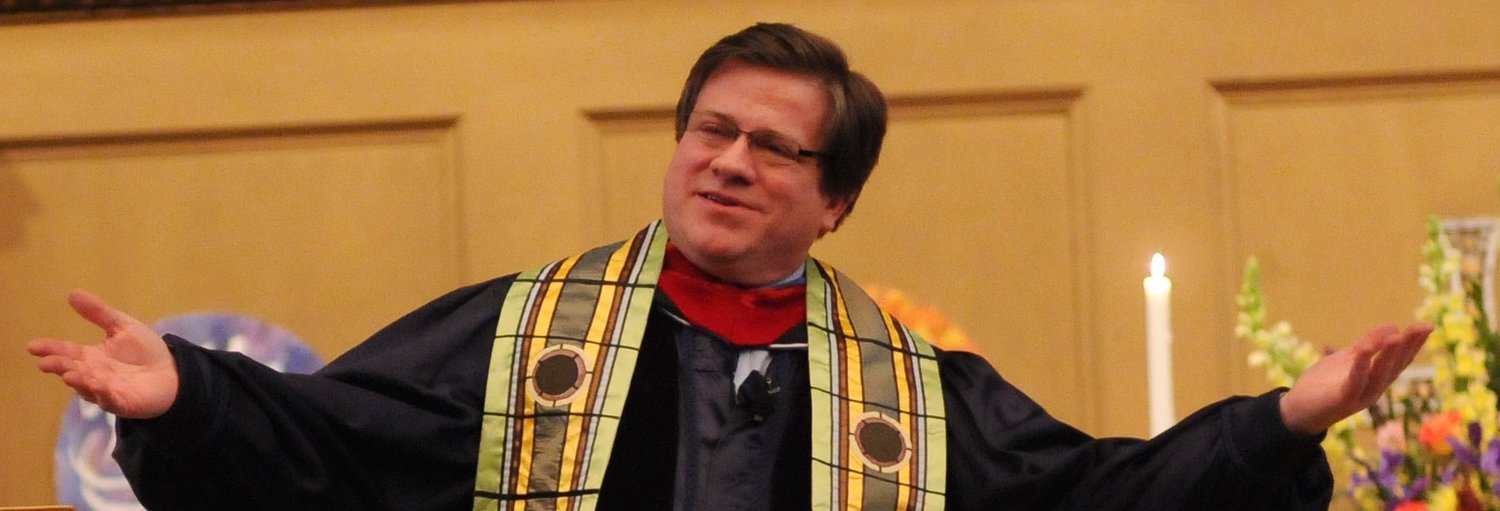For the Inward Journey, Day Thirty-One
The Quiet Ministry of the Spirit
It is good to experience the quiet ministry of the living spirit of the living God. Again and again there are the little healings of silent breaches which sustain us in our contacts with the world and one another. We are stunned by the little word, the unexpected silence, the smile off key; without quite knowing why, the balance is recovered and the rhythm of the hurt is stopped in its place. There is this sense of estrangement which overtakes the happiest human relations and the experience of recovery that makes the heart sing its old song with a new lilt. There are days when everything seems difficult, when the ordinary tasks become major undertakings, when one is sensitive and every moment is threatened by an explosion that does not quite come to pass; then without apparent cause, the whole picture changes and the spirit can breathe again with ease, the spring in the step comes back again. It is good to experience the quiet ministry of the living spirit of the living God.
Sometimes we are catapulted into disaster with the suddenness that paralyzes the mind and leaves the exposure to fear unshielded by courage or by strength. If there are some if there had been some warning, some intimation of what was to come, the wisdom of the years could have buttressed the life with the measured protection. But no, this was not the case. Often even before the full awareness of what has taken place can be felt, the realignment of one's powers begins to work and recovery is on the way. There are problems that meet us head on in our journey. The issue of our spirit and the thing that confronts us is joined—we are engulfed in the great silence of fateful struggle. It seems that nowhere, in no place, can an answer be found. In vain we seek a clue, a key, even a little thing to give a fleeting respite, a second wind. Again and again it is apt to happen: the miracle of relief; a chance word from a casual conversation; a sentiment or a line in a letter; the refrain of an old song; an image from the past; a paragraph from a printed page; a stirring of prayer in the heart—the miracle of relief and we are released. The danger is past, the conflict is over. It is good, so very good, to experience the quiet ministry of the living spirit of the living God.
(For the Inward Journey: the writings of Howard Thurman.
Selected by Anne Spencer Thurman. pages 69-70
Originally published in The Inward Journey)`
I’ve had a silly little jingle running through my head for a couple of days. I’m not sure what started it. But it brings me way back to becoming a teenager, moving from childhood to a time when I was beginning to have the freedom to walk farther from home, to start to take the 33 bus, to begin to have a little bit of money with which to make buying choices.
One important moment was when our family was without a car for a while. I began walking to a new church, and for the first time I knew in church the same kids who were my classmates. It was just the beginning of finding in both school and church school (and youth choir, now that I think of it) a new “we” that was not the “we” of family and next-door neighbors. I grew to have friends from more middle class neighborhood, friends whose parents hade gone to college—which was an expectation of me that was stated again and again by my dad. There were ways that I was going to have a different life from that of my family.
I wonder if this is the problem that, in Thurman’s words, met me head-on in my journey, and where I was searching for some kind of help. It was true that no one in my family had gone to college. Left to my own devices, this meant a crazy reach in many directions. (It amazes me to think that I wrote to over a hundred colleges to get information about admissions, and turned over to one of my amused high school teachers my collection of catalogs. This was not “normal” behavior, and I wonder what “normal” people thought of my quiet desperation!)
As it were, the quiet support I received came from the family of my pastor. Mr. Fitzgerald had every sense that I could do whatever I wanted, when it came to getting in to school, and would give broad encouragement (although I suspect that he imagined the high school guidance counselors and teachers were more helpful than they actually were). I will never forget his great excitement when I showed him my admission letter to Brown.
The life and theology that had formed Mr. Fitzgerald was diverse and coherent with how my life has turned out. He was from a Protestant Irish family; he was raised in Brooklyn where, as a child, he worked for a number of Jewish neighbors as a shabbos-goy; he would be educated at Union Theolgical Seminary where the work of Paul Tillich was the dominant thought. This liberal theology and inter-religious way of being lives with me each day. While I may ask that I am clearer about the call of liberation that is more specifically critical of aspects of our culture without the easily-found smugness that can mask powerlessness.
In the midst of it all, there can be, that is, there is, the quiet ministry of the spirit, even the “living spirit of the living God.” For this I am grateful.
